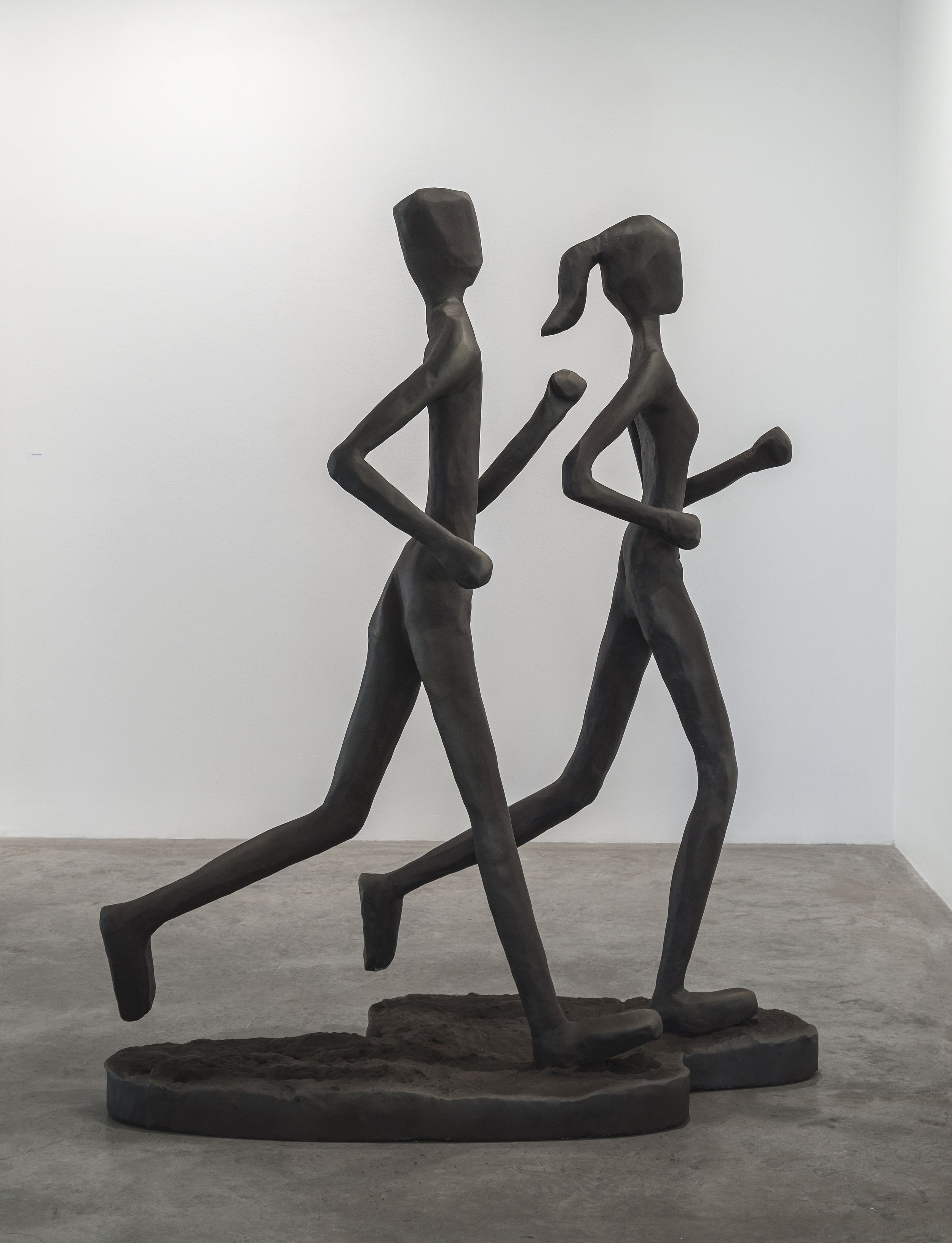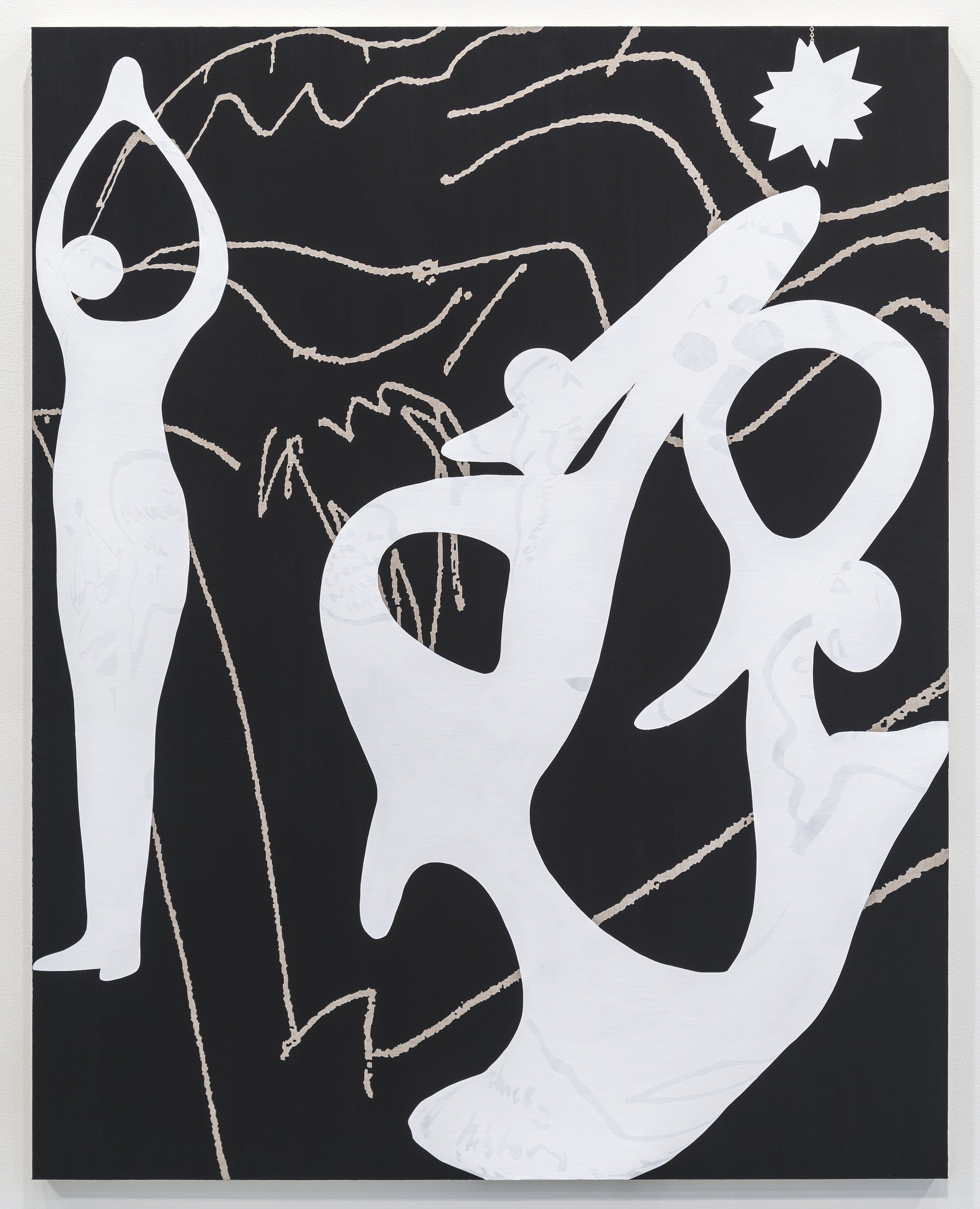Cole Sayer
Bio: Born Nashville, TN.
Thesis Exhibition





Artist Statement
Write something about something.
THE EXISTENTIAL RISK OF MATHEMATICAL ERROR
Mathematical mistake or error-rates limit our
understanding of rare risks (philosophy,
transhumanism, statistics)
created: 20 Jul 2012; modified: 26 Feb 2015;
status: draft; belief: likely
See also “Confidence levels inside and
outside an argument”
Mathematical error has been rarely examined
except as a possibility and motivating reason
for research into formal methods; Gaifman
2004 claims.
An agent might even have beliefs that logically contradict
each other. Mersenne believed that 267-1 is a prime number,
which was proved false in 1903, cf. Bell (1951). [The
factorization, discovered by Cole, is: 193,707,721 ×
761,838,257,287.]...Now, there is no shortage of deductive
errors and of false mathematical beliefs. Mersenne’s is one
of the most known in a rich history of mathematical errors,
involving very prominent figures (cf. De Millo et al. 1979,
269-270). The explosion in the number of mathematical
publications and research reports has been accompanied by a
similar explosion in erroneous claims; on the whole, errors
are noted by small groups of experts in the area, and many go
unheeded. There is nothing philosophically interesting that
can be said about such failures.
— Gwern, http://www.gwern.net
